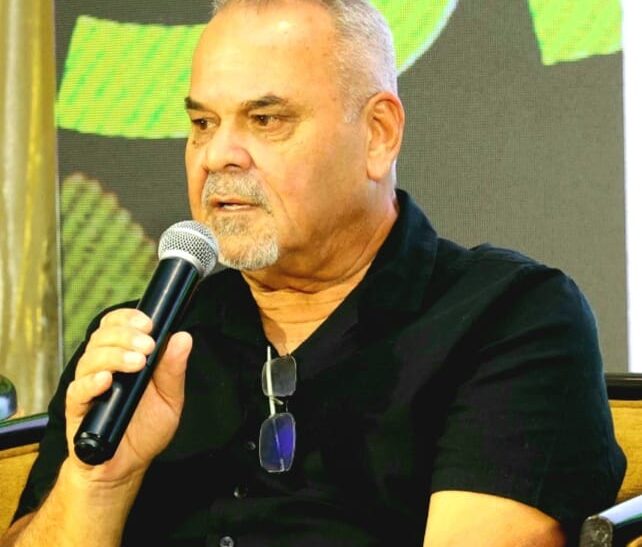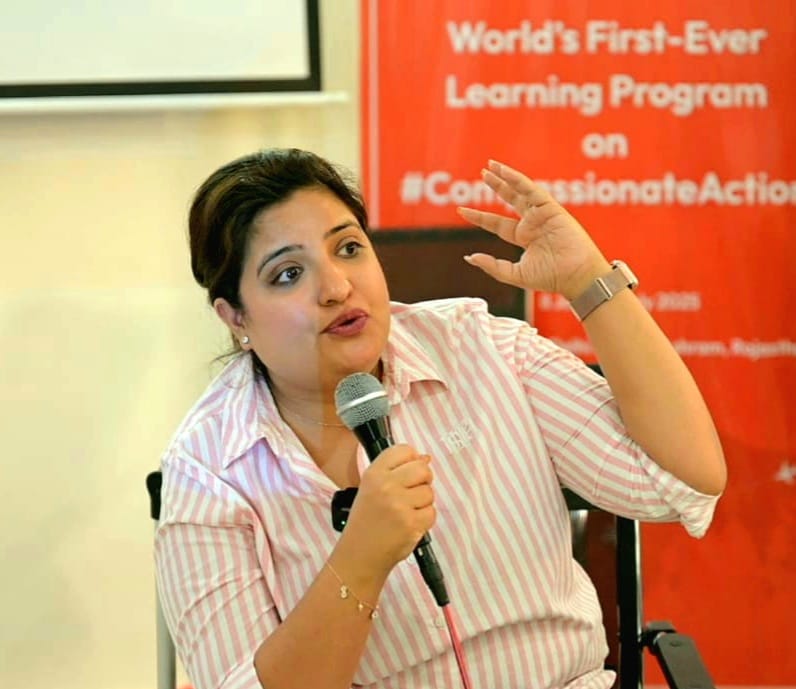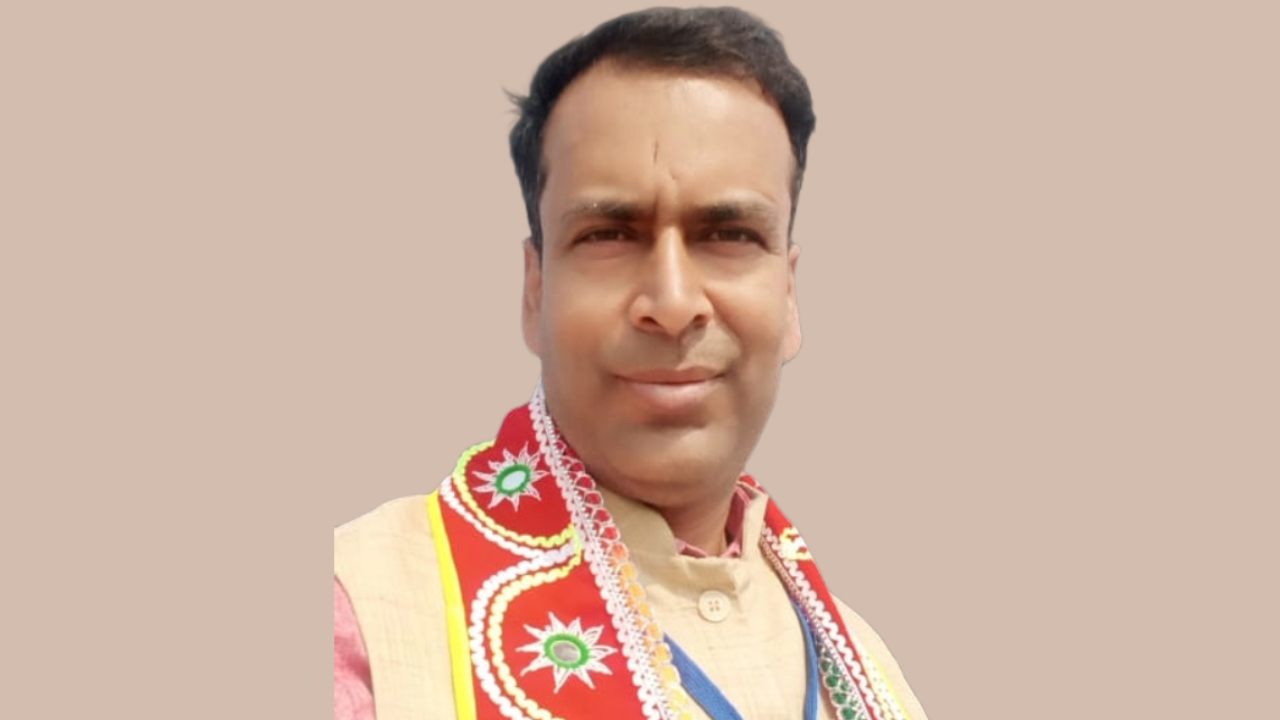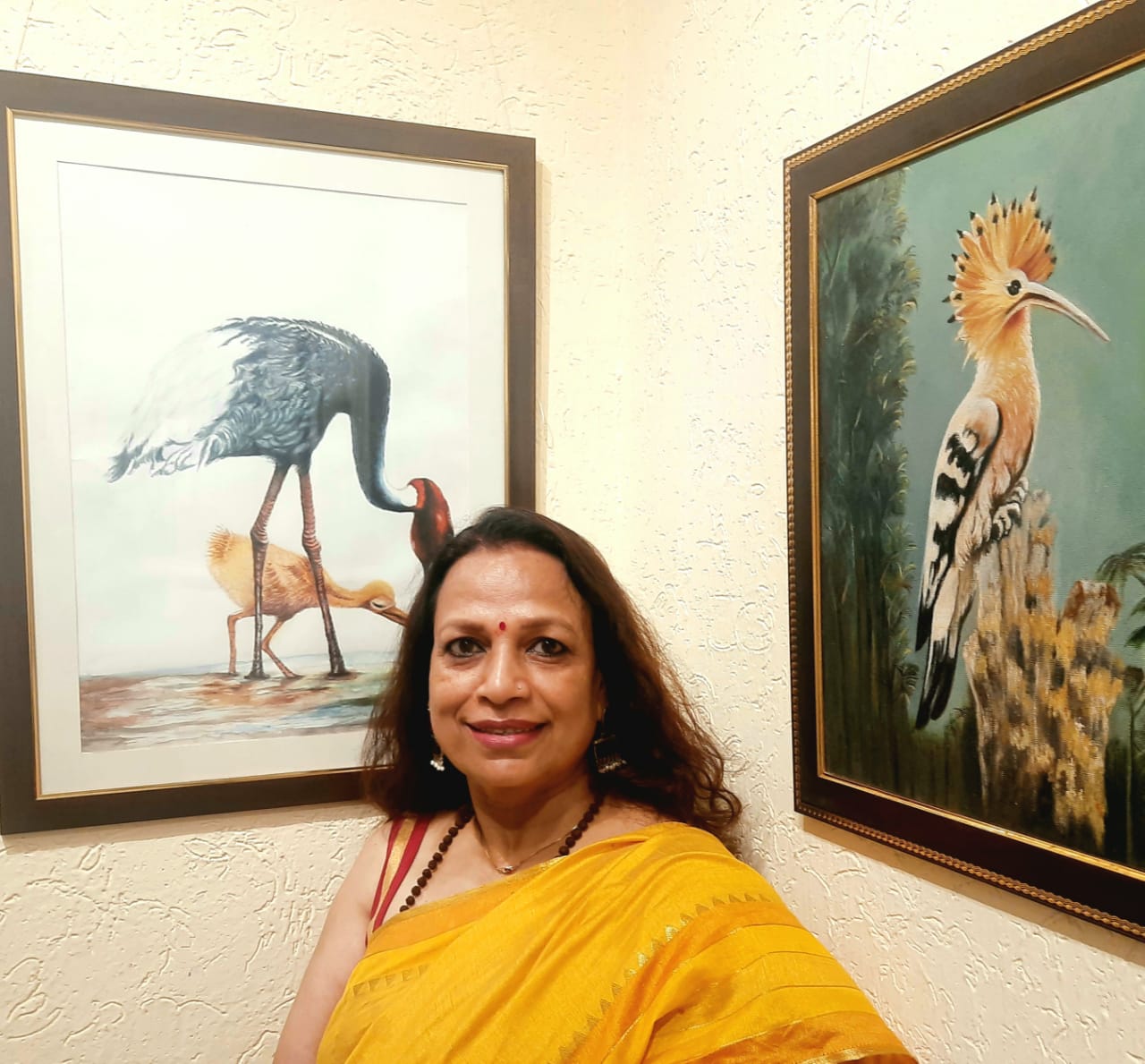Dav Whatmore is a renowned cricket coach and former Australian cricketer, celebrated for transforming underdog teams into formidable contenders. Born in Sri Lanka in 1954, he later moved to Australia and earned a spot in the national team as a middle-order batsman in 1979, though his international career was brief.
However, Whatmore’s coaching accomplishments are what truly define his legacy. He gained global recognition by leading Sri Lanka to their historic 1996 World Cup win, where his focus on teamwork and mental resilience proved instrumental. His coaching success didn’t stop there—he steered Bangladesh to their first-ever Test victory and guided them to a stunning performance in the 2007 World Cup, upsetting major teams along the way.
In 2007, Whatmore was appointed Director of the National Cricket Academy and later took charge of India’s Under-19 team, leading them to victory in the 2008 Under-19 Cricket World Cup under the captaincy of Virat Kohli. His coaching journey continued with the Kolkata Knight Riders from 2010 to 2011, followed by a stint as head coach for Kerala during the 2017–18 season. Most recently, he was appointed head coach of the Baroda cricket team by the Baroda Cricket Association in September 2021.
Known for his keen cricketing mind, excellent man-management skills, and his ability to develop emerging teams, Whatmore also served as head coach for Pakistan and Zimbabwe. His adaptive coaching style and emphasis on discipline have solidified his status as a key figure in international matches, particularly in rising cricketing nations.
In an exclusive conversation with senior sports journalist Jayant Singh, representing The Interview World, Whatmore shared his thoughts on Cricket Predicta, praised the strength of the Indian domestic cricket system, and highlighted the ICC’s role in preserving Test cricket. He also emphasized the competitive nature of South Africa, India, and New Zealand in red-ball cricket and stressed the importance of team-first attitudes over personal achievements. Here are the key takeaways from this insightful conversation.
Q: What are your thoughts on the significance of the Cricket Predicta Conclave for enhancing predictions and insights?
A: Absolutely! The Cricket Predicta is a stats-based show that delivers thrilling insights. It’s fascinating to hear perspectives from the competing teams, adding depth to the discussion. The challenges presented keep viewers engaged, and it’s a fantastic initiative that opens the door to a wealth of knowledge about the game.
Q: Having worked in India’s robust domestic cricket system, how do you think the simultaneous formats and matches impact player development and performance?
A: It’s impressive! The domestic calendar is robust and produces strong, talented cricketers. Additionally, the Under-19 program consistently thrives, with standout players emerging every couple of years. Many of these young talents have excelled and contributed to winning the World Cup on multiple occasions. Overall, the system is performing exceptionally well.
Q: In light of players moving towards league, what strategies do you think cricket boards should implement to maintain the relevance and quality of red-ball cricket?
A: Test cricket faces significant challenges. The ICC is eager to uphold its status, but this format is costly. While some countries excel and thrive, many others struggle to keep up. To address this, the ICC has established a financial pool to support struggling nations—an encouraging step forward. However, its sustainability remains uncertain. I believe some associate nations may eventually shift their focus from red-ball to white-ball cricket. Overall, Test matches are at a crucial juncture, and we eagerly await the measures that will be implemented to preserve this format.
Q: Having coached both Bangladesh and Sri Lanka through significant moments, how do you feel about their recent successes, like Sri Lanka’s resurgence and Bangladesh’s victory over Pakistan in Tests?
A: Take a look—it’s always a pleasure to watch. Although it’s been a while, I’m really intrigued by Sri Lanka’s competitive edge, especially in England. When they return to their familiar conditions, they excel. Winning key tosses, as the rules suggest, can be a game-changer, making it tough for other teams, particularly in the Western world. Overall, their performances are encouraging, but consistency is key. That’s what ultimately distinguishes the top teams.
Q: Given the current red-ball tournament scene, do you believe that teams like Australia, England, and India are the only ones consistently competing at the highest level, or do you see potential challengers emerging?
A: It certainly seems that way. New Zealand has also slipped behind South Africa’s pace. Not too long ago, they were competing in the championship and are eager to stay active in that format. However, they struggle when traveling to South Africa, and they’ll face another test when they head to India. It looks like these three countries—South Africa, India, and New Zealand—are strong in their domestic red-ball tournaments, and this success clearly translates to the international stage.
Q: Considering the current form of Joe Root and Virat Kohli, how likely do you think it is that they will break Sachin Tendulkar’s longstanding records, given the challenges of modern cricket?
A: If they keep playing, they will succeed. All of them are talented players, and their competitiveness fuels a healthy rivalry. However, personal achievements take a backseat; the priority is to score runs for the team. Any individual milestones are simply a bonus that comes later.










1 Comment
Good day very nice website!! Man .. Beautiful .. Superb .. I’ll bookmark your website and take the feeds also…I am satisfied to seek out numerous useful info right here within the post, we need work out more strategies on this regard, thank you for sharing. . . . . .
Comments are closed.